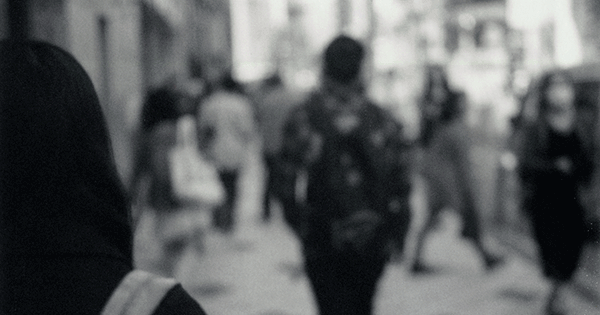
In his introduction to The Best American Short Stories 2016, Junot Díaz writes:
Some friends have told me that their lives resemble novels. That’s super-cool. Mine, alas, never has. Maybe it’s my Caribbean immigrant multiplicity, the incommensurate distances between the worlds I inhabit, but my life has always worked better when understood as a collection of short stories than anything else. Thing is, I’m all these strange pieces that don’t assemble into anything remotely coherent. Hard for me to square that kid in Santo Domingo climbing avocado trees with the teen in Central NJ bringing a gun to school with the man who now writes these words on the campus of MIT. Forget the same narrator—these moments don’t feel like they’re in the same book or even the same genre. (Emphasis is mine.)
I’ve been thinking about this passage a lot in the past week since reconnecting over Facebook and Instagram with a high school classmate I hadn’t seen or spoken to in 17 years. It’s surprisingly pleasant and a little jarring to be confronted with someone who could pick one of your former selves out of a lineup, a self you may have felt you’d long since outrun. It’s a strange power to wield over someone else. I recently lost a friend who was like a brother to me over our mutual failure to learn to unsee—over our shared inability to forgive ourselves for nothing more grievous than remembering from whence we came. But of course that remembrance is the one unforgivable punishment you can inflict on those who have labored to make themselves anew.
In my own writing, I often work through the form of memoir, which means I attempt—successfully or not—to unspool and reassemble the chaos of my short life in a linear, logical progression that is by necessity conceivable only in retrospect. Hard for me to square that suburban naïf of a child with the wannabe-thugged-out teen whose high school sweetheart got pregnant by a crack dealer, with the man who now writes these words from a café table in Paris, the black father of a white-looking child who speaks English as a second language. Reconciling such disparate selves is hard enough to do in the capacious sprawl of a book. It is damn near impossible to pull off in the staccato back and forth of an Instagram DM.
Still, there is something beautiful and reaffirming in the attempt, in the perhaps futile effort to account for what exactly you have been through in the presence of someone who holds, however justly, a real claim on what you used to be.

